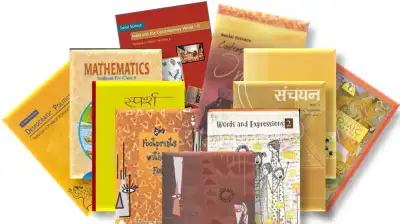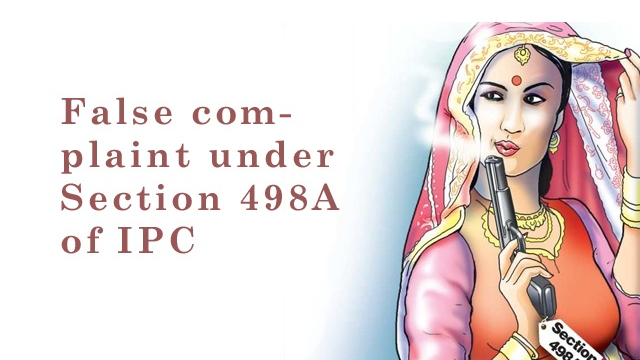

Bhubaneswar: The suicide by Bihar-born Bangalore-based techie Atul Subash over alleged filing of false cases by estranged wife Nikita Singahnia under Section 498 A has put the glare of the whole country on the most misused section that was brought in year 1983 to strictly penalize cruelty on married women.
The misuse of Section 498 A in dozen of times have been noticed by country’s various High Courts and the Apex court of the country. Supreme Court has even asked the Centre to bring changes in the section that was taken verbatim in Bharatiya Nyaya Sanhita.
And, as per the Union Law Minister Arun Meghwal, the Centre has set up a committee to consider bringing in changes to stop the misuse of this section.
In the above backdrop, the Bombay High Court recently ruled that a wife filing a false criminal complaint against her husband under Section 498A of the Indian Penal Code (IPC) with the intention of "Correcting his behaviour" constitutes cruelty under Section 13(1)(i-a) of the Hindu Marriage Act, 1955.
WHAT WAS THE ORDER?
The order has been delivered by a 2-Bench judge of Justice G S Kulkarni and Justice Advait M Sethna of Bombay HC.
“Such actions not only disrupt the harmony and trust in a marriage but also erode its foundational values making it impossible for the marriage to continue,” the Bench observed
The Bench has referred to many SC judgments while pronouncing the order.
“In Rani Narasimha Sastry vs. Rani Suneela Rani 2020 case the facts of the case before the Supreme Court were similar to the case in hand. In the said case, the prosecution was launched by the respondent against the appellant under Section 498-A of the IPC making serious allegations in which the appellant had to undergo trial which ultimately resulted in his acquittal. The appellant had accordingly set up a case seeking decree of divorce on the ground of cruelty which was established. The Supreme Court in accepting the case of the appellant concluded that the appellant had made out a ground for grant of decree of dissolution of marriage on the ground that cruelty under Section 13(1)(i-a) of the Hindu Marriage Act.”
The Bombay HC Bench ruled that:
“In the present case, the appellant never realized the effect of the husband and his relatives being dragged into a false prosecution of such serious offences. Further, the social stigma and unwarranted harassment caused to the respondent and his family members is another significant aspect of the sufferings of the respondent and his family members. The learned Judge of the Family Court is, therefore, correct in his observations that a strong case for divorce on the ground of cruelty was made out by the respondent so as to decree the Marriage Petition filed by the respondent.”
The Bench then observed:
“Also, once the mind of a spouse is corrupted to resort to a false prosecution against a spouse, it is certain that the spouse has lost all reasonableness and rationality to maintain solemnity of the marriage. Also once there is a dent to such essential values, on the foundation of which a marriage rests, by a false and draconian action of a criminal prosecution being resorted by either spouse, it is in the realm of cruelty which would be a ground for divorce under Section 13(1)(i-a) of the Hindu Marriage Act 1955."